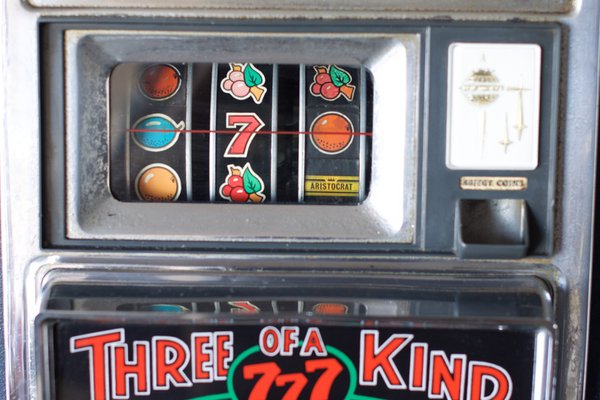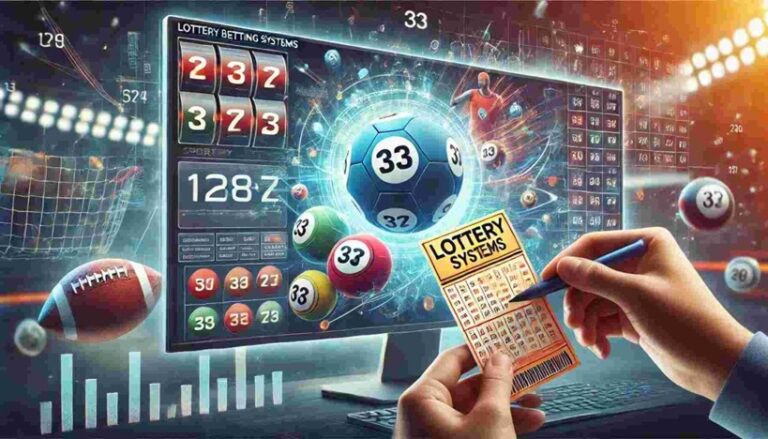
Online gaming has revolutionized the way we experience casino entertainment, bringing everything from classic card games to thrilling slot machines to our screens. But with digital gameplay comes an important question: How do we know the results are truly fair?
The answer lies in Random Number Generators (RNGs)—the backbone of fairness in online gaming. These complex algorithms ensure every spin, card draw, or dice roll is entirely unpredictable and free from manipulation. In this blog, we’ll take an inside look at how RNGs work, why they matter, and how they guarantee an equal playing field for everyone.
What is a Random Number Generator (RNG)?
A Random Number Generator (RNG) is a mathematical system designed to generate sequences of numbers that are completely random. In the world of online gaming, RNGs ensure that every outcome—whether it’s a slot spin, a hand of blackjack, or a roulette wheel result—is unpredictable and fair.
RNGs come in two main types:
- True Random Number Generators (TRNGs)
TRNGs generate numbers based on physical phenomena, such as electronic noise, radioactive decay, or atmospheric conditions. These real-world influences produce completely unpredictable results, making TRNGs ideal for applications requiring absolute randomness. However, they are less common in online gaming due to their complexity and hardware requirements.
- Pseudorandom Number Generators (PRNGs)
PRNGs are the more commonly used form of RNGs in online casinos. While they rely on a predetermined algorithm, they still produce results that are indistinguishable from true randomness. PRNGs use a seed value (an initial number) and mathematical functions to generate sequences of random numbers. Although the process is deterministic, the sheer complexity of the algorithm makes it virtually impossible to predict outcomes.
How RNGs Work in Online Gaming
For online casinos and gaming platforms, RNGs are at the heart of every game’s fairness. Here’s how they function in different types of games:
- Slot Machines
In online slot games, RNGs determine the outcome of each spin. When a player hits the spin button, the RNG instantly generates a sequence of numbers corresponding to different symbols on the reels. The result is locked in the moment the spin starts, ensuring that each outcome is completely independent of the previous one. This applies to free spins slots as well—whether playing with real money or bonus spins, the underlying RNG mechanics remain the same.
- Card Games (Poker, Blackjack, Baccarat)
RNGs in card games work by shuffling a virtual deck repeatedly. Each time a card is dealt, the system selects a number that corresponds to a specific card in the deck. This ensures that no two games follow the same sequence and that players can’t predict which card will appear next.
- Roulette and Dice Games
For games like online roulette, RNGs simulate the spinning wheel’s motion by randomly selecting a number between 0 and 36 (or more for variations like American Roulette). Similarly, in dice-based games like craps, the RNG generates numbers that mimic the roll of real dice.
How Online Casinos Ensure Fairness and Transparency
To maintain trust in online gaming, regulatory bodies enforce strict standards for RNG implementation. Here’s how fairness is guaranteed:
- Independent Testing and Certification
Reputable online casinos and game developers submit their RNGs for testing by independent agencies such as:
- eCOGRA (eCommerce Online Gaming Regulation and Assurance)
- iTech Labs
- GLI (Gaming Laboratories International)
- TST (Technical Systems Testing)
These organizations conduct rigorous testing to verify that RNGs produce unbiased results.
- Regular Audits and Compliance
Once an RNG is certified, it must undergo regular audits to ensure continued compliance. Any manipulation or irregularity can result in the loss of licensing and legal consequences for the casino.
- Return to Player (RTP) and Game Fairness
The Return to Player (RTP) percentage is another critical factor in fairness. Every slot or casino game has a predetermined RTP, which represents the percentage of wagered money that will be returned to players over time. RNGs work in harmony with RTP to ensure consistent, fair gameplay.
Debunking Common Myths About RNGs
Despite their importance, RNGs are often misunderstood. Let’s address some common myths:
Myth #1: Casinos Can “Rig” the RNG
Legitimate online casinos cannot manipulate RNGs without violating strict regulations. Rigging an RNG would mean risking legal action, financial penalties, and reputational damage.
Myth #2: Certain Slot Machines Are “Due” for a Win
Each spin on a slot machine is independent, meaning previous results have no impact on future spins. There’s no such thing as a “hot” or “cold” slot based on past outcomes.
Myth #3: Winning Patterns Can Be Predicted
Because RNGs generate outcomes in real time, no strategy, tool, or pattern analysis can predict results. Even skilled poker players rely on strategy rather than expecting the system to favour them.
Final Thoughts: The Future of RNGs in Online Gaming
As online gaming technology advances, so do RNG systems. With the integration of blockchain technology, we may see even more transparent and tamper-proof RNGs, giving players an additional layer of confidence in game fairness.
Understanding the role of RNGs allows players to trust the games they play and focus on enjoying the experience rather than questioning the integrity of the system. Whether you’re spinning reels on your favourite free spins slots, playing a hand of blackjack, or betting on roulette, you can rest assured that RNGs are working behind the scenes to keep the playing field fair for all.





